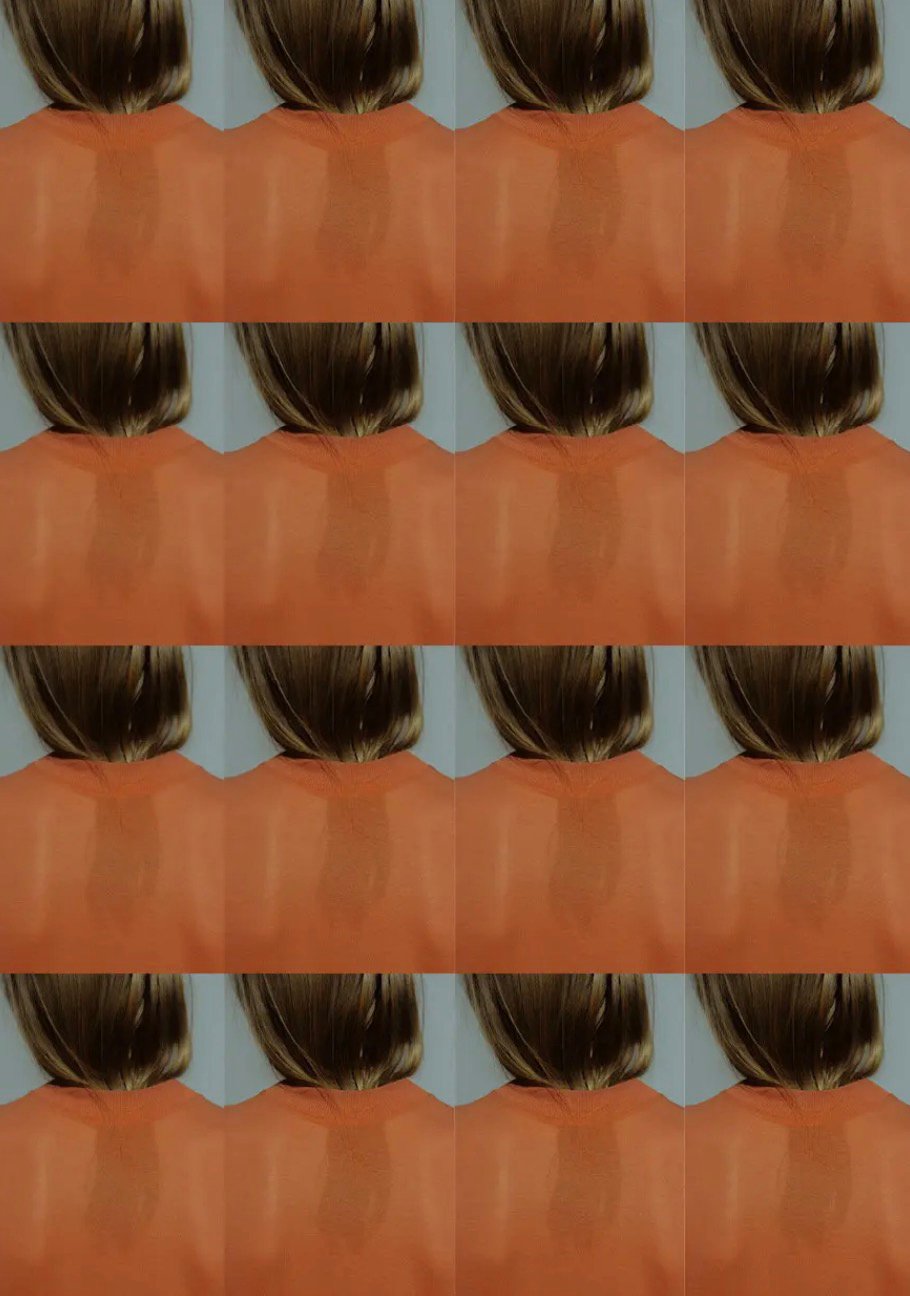Gazi Evrenos critiques the sequel-driven nature of today’s culture, from Hollywood blockbusters to political dynasties, examining how the repetitive comfort of familiar narratives may be limiting society’s ability to envision fresh, transformative ideas for the future. NEW YORK—Walking up Broadway, you might look into the local AMC: TOP GUN (sequel), JURASSIC WORLD (sequel), MISSION IMPOSSIBLE ... The Politics of the Sequel
Gazi Evrenos critiques the sequel-driven nature of today’s culture, from Hollywood blockbusters to political dynasties, examining how the repetitive comfort of familiar narratives may be limiting society’s ability to envision fresh, transformative ideas for the future.
NEW YORK—Walking up Broadway, you might look into the local AMC: TOP GUN (sequel), JURASSIC WORLD (sequel), MISSION IMPOSSIBLE 7 (sequel), Twisters (sequel).
Thursday, two presidential candidates took the stage, two sequels. One, hardly able to speak and yet somehow more intelligent than the other, a familiar figure of vacuous bombast. Other franchises linger: Bush, Clinton, Kennedy: we find ourselves in our comfort zone.
Huxley feared we would become a trivial culture. Orwell that we would become a captive culture. Kafka, a culture of bureaucratic nightmares. Bradbury, a culture which suppresses knowledge and critical thinking. In some ways, they were all right, except that there are new dangers still to be known by future classics.
If the American election cycle, our cultural institutions and Hollywood executives have been any indication, it might be worth conjecturing that Bradbury’s fear of suppression is less relevant right now, not knowing that we would willingly lobotomize ourselves as Huxley predicted.
Consider some of the re-runs: while passion fills the streets, meaningful discourse is overshadowed by rehearsed catchphrases. While Americans on the right lambast big government for taking away their guns, they welcome Federal and State intrusion on the right to an abortion. While Hollywood has been ushered into a state of hyper-self-awareness that claims to focus on inequalities of every kind, Hollywood has perhaps also unwittingly become a dogmatic machine that places profit above all else, and ignores simpler, less politically certain models where the profit margins and the film’s message are less concrete. In all of it, the ability to be real, erroneous, experimental human beings seems pushed away as we are left with reruns.
Today, AMC’s marquees may be lit up with well-worn sequels and stale remakes and the political candidates may all be sequels and scions, but why should that stop us from cahllenging ourselves to envision a future that transcends trends and find more amibitious unifying ideas that address the present future?




We Must Try Something New
The New Monopoly
The Myth of Unbias